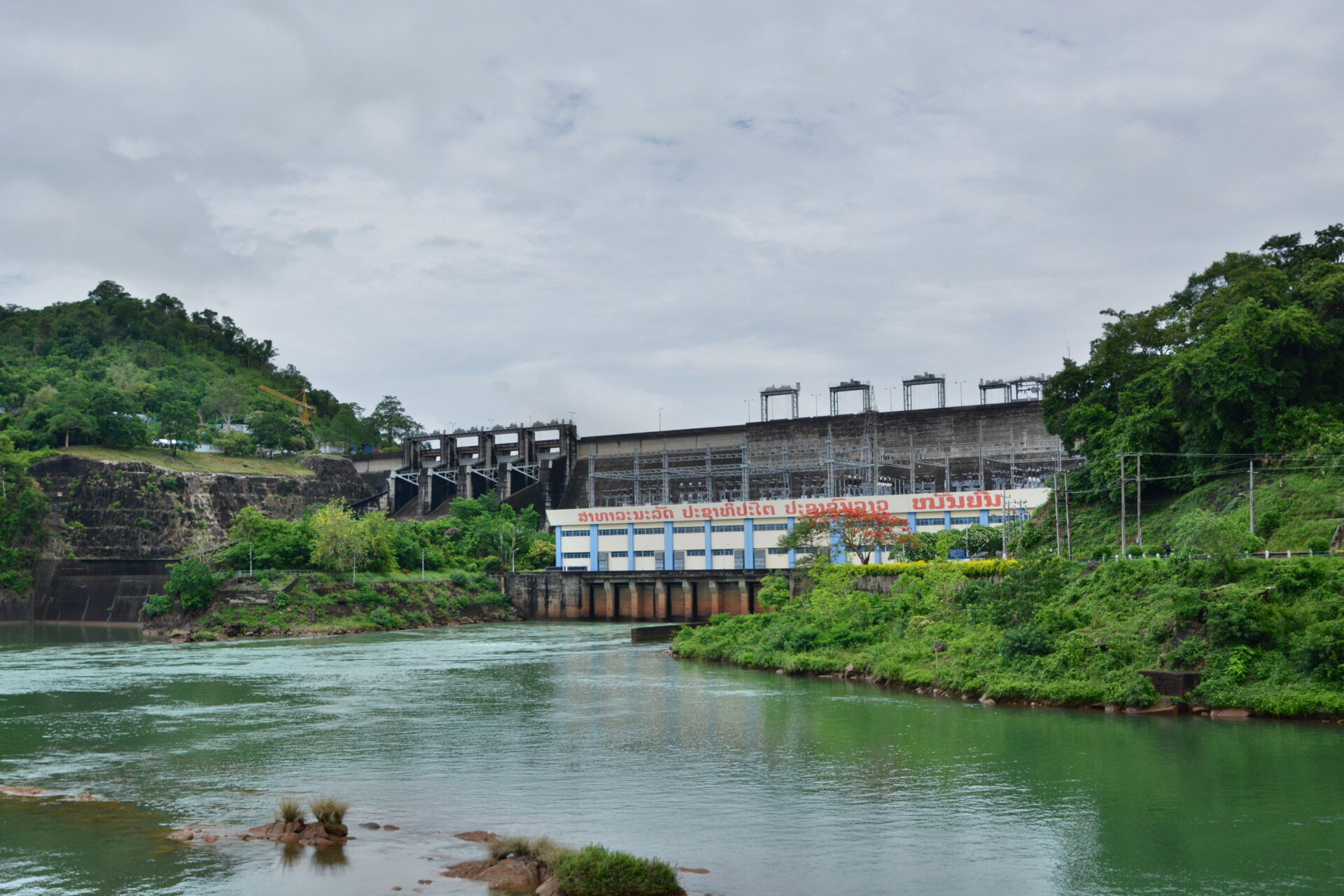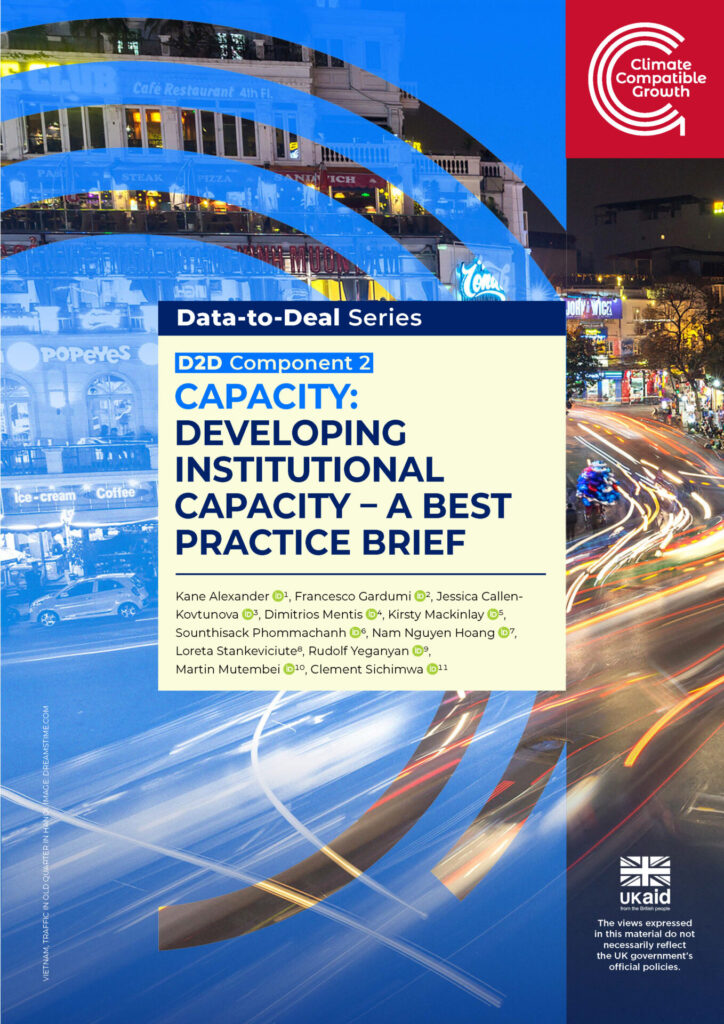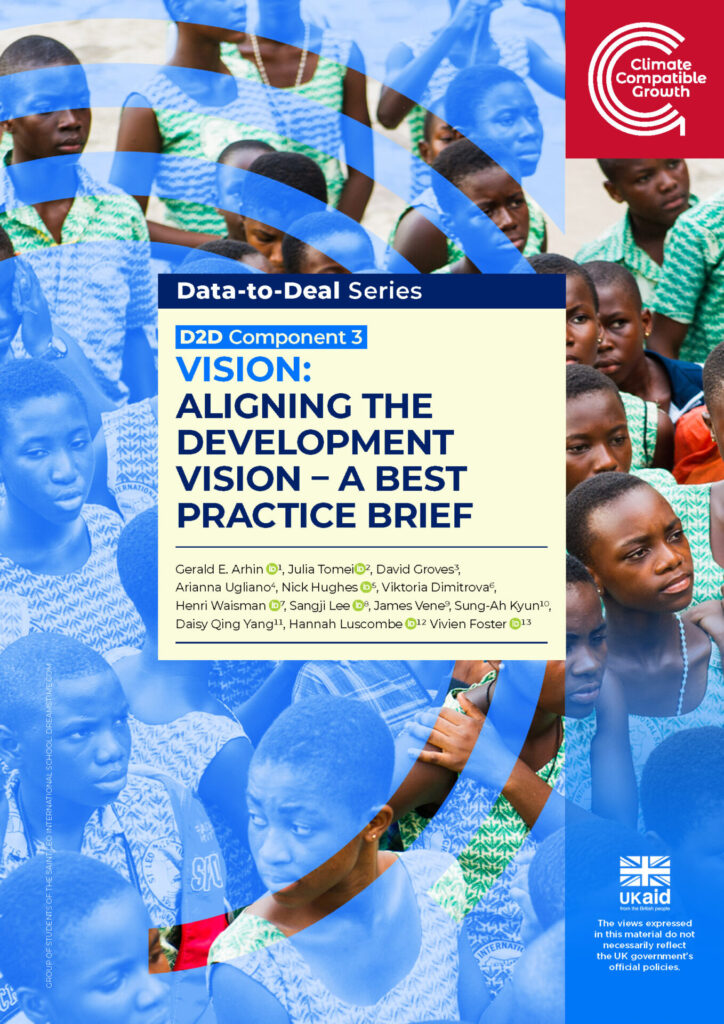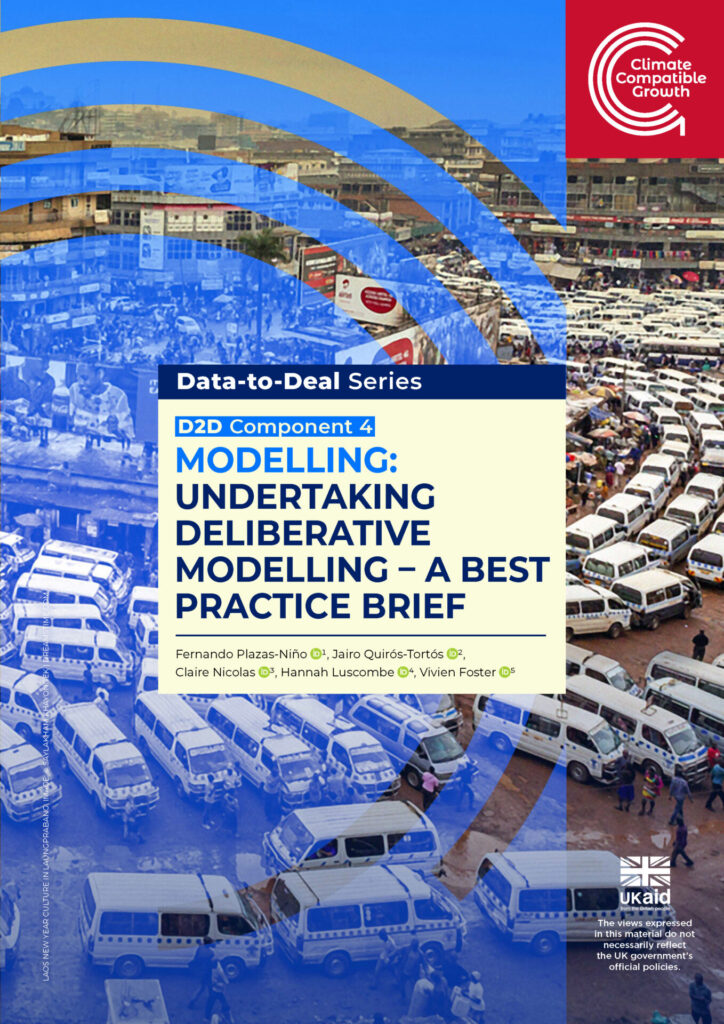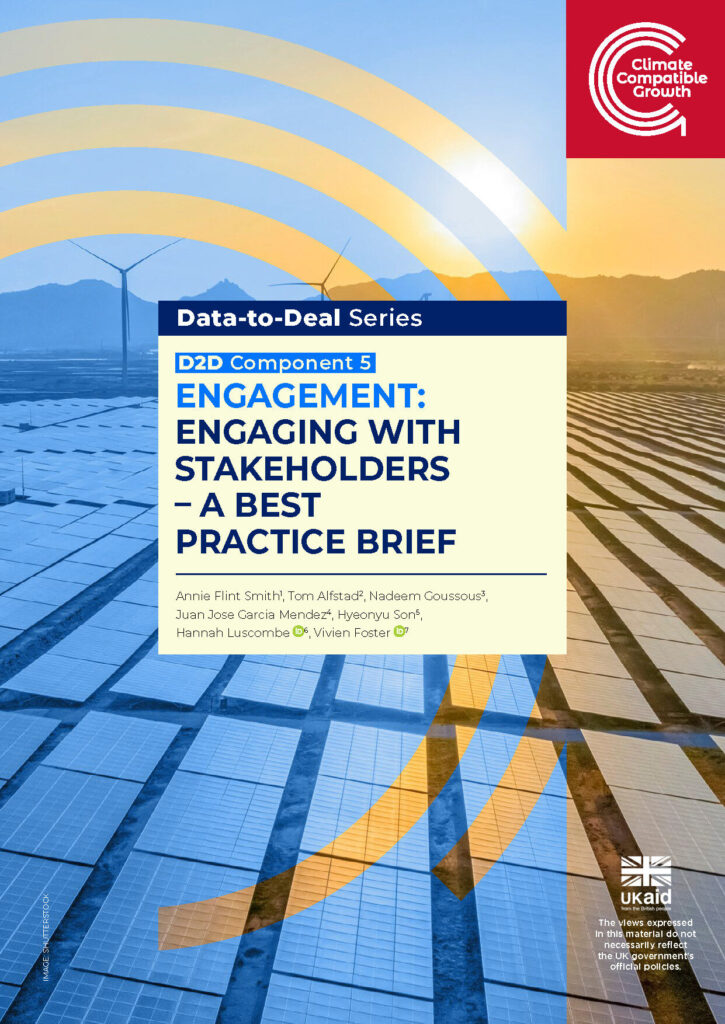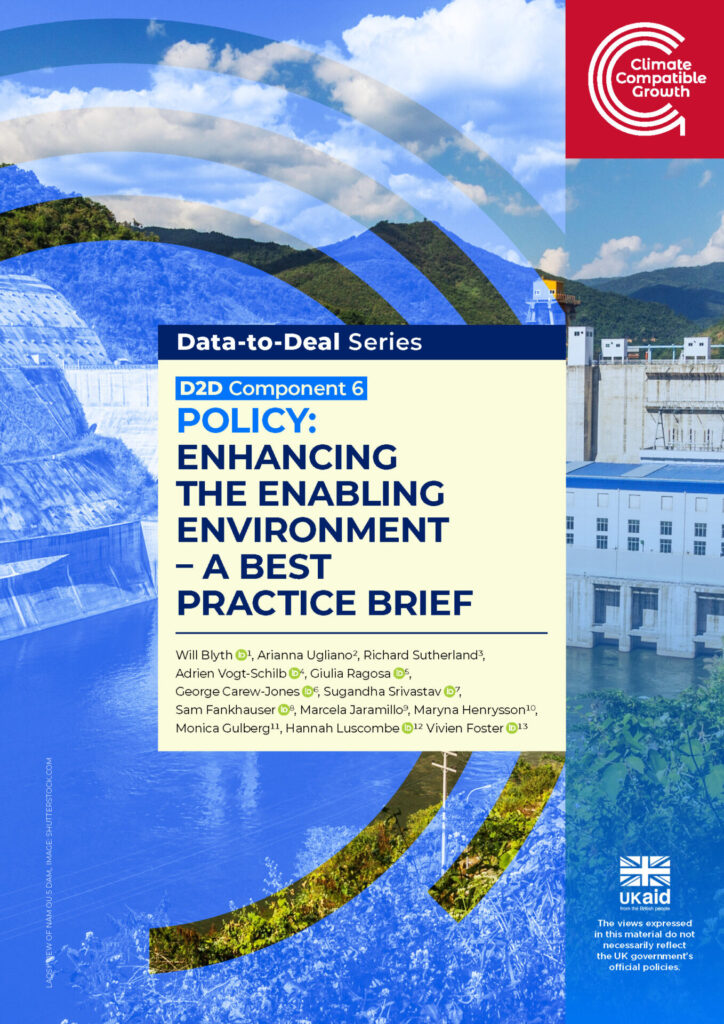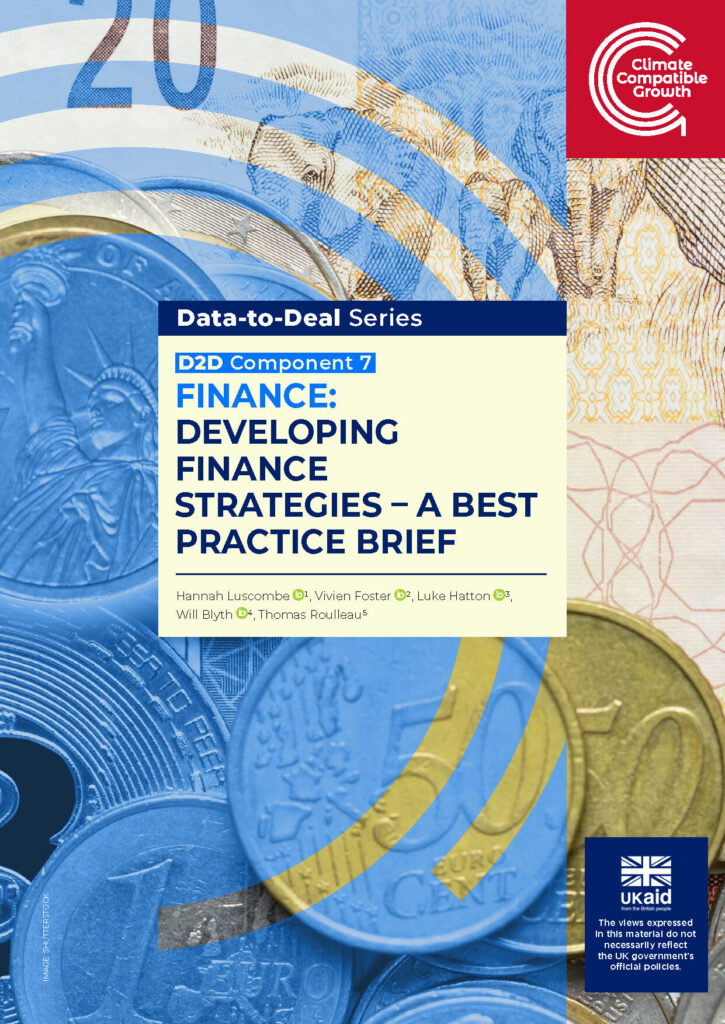A proven approach to securing climate finance and investment
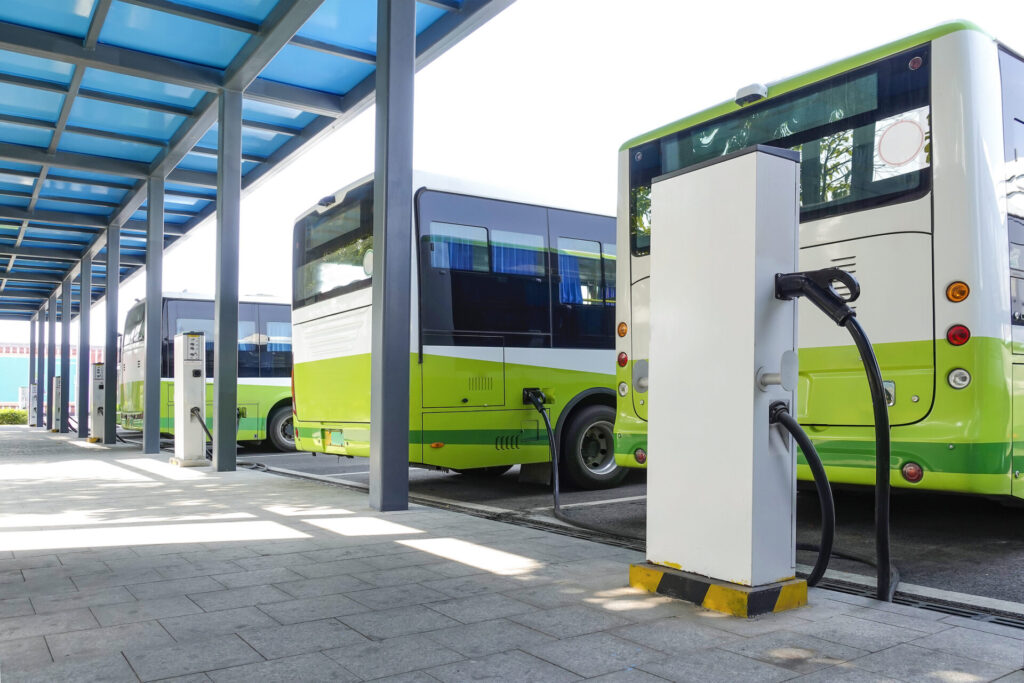
It continues to be extremely challenging to secure finance and investment for Clean Energy and Transport infrastructure projects. However, Data-to-Deal is the exception. It has so far secured over $11 Billion for the countries that have used it and CCG is keen to encourage countries across the Global South to adopt D2D for their own purposes.
That is why we have recently published seven briefs (November 2025) – one for each Component of the D2D approach. This means that anyone using D2D now, can benefit from the lessons learned by others.
READ THE BRIEFS BELOW
D2D Component 1: Politics
This component addresses the political and institutional foundations required to initiate and sustain credible transition planning. Strong political support anchors the transition process within government systems, aligns national priorities across ministries, and provides the authority needed to mobilise finance and implementation.
D2D Component 2: Capacity
This component focuses on strengthening national capacity to conduct robust and inclusive planning processes for energy and transport that unlock climate-aligned investment in low- and middle-income countries (LMICs). Many countries face persistent gaps in technical expertise, institutional coordination, and long-term continuity for planning.
D2D Component 3: Vision
This component focuses on integrating climate ambition with national development priorities to provide a clear, shared direction for subsequent modelling, policy, and finance. Effective visioning strengthens technical design by clarifying objectives and decision criteria, builds political will through inclusive consensus, and enhances investmentreadiness by signalling stable long-term priorities.
D2D Component 4: Modelling
This component focuses on the role of scenario-based, policy-relevant modelling in translating shared national visions into implementable transition strategies that are credible to domestic stakeholders and finance partners.
D2D Component 5: Engagement
This component focuses on the cross-cutting role of stakeholder engagement in enabling the development of effective climate strategies. Effective stakeholder engagement contributes to the technical design process, fosters political will, and enhances investment-readiness by demonstrating national ownership.
D2D Component 6: Policy
This component focuses on the coherent policy, regulatory, and institutional reforms needed to reduce risk, create clear routes to market, and build investor confidence in clean energy and sustainable transport systems. Stable legal frameworks, predictable pricing and incentive structures, and transparent procurement processes are essential to mobilise capital at scale.
D2D Component 7: Finance
This component focuses on the development of a national finance strategy to support transitions in low- and middle-income countries (LMICs). While many LMICs have developed costed transition plans, implementation remains constrained by access to finance and coordinated investment efforts. Component 7 provides a structured approach to align national priorities with the financial landscape by identifying institutional responsibilities, mapping f inance sources, analysing sector cashflows, and structuring viable investment packages.

D2D's Evolution
The D2D pipeline emerged as part of work done examining the success of Costa Rica in securing funding for its climate transition. In Costa Rica, a data-driven National Decarbonization Plan which had been co-designed with stakeholders, was launched in 2019. This was the country’s Long-Term Strategy (LTS), that defined a roadmap for a development path that would lead to both inclusive growth and decarbonisation.
The creation of the LTS drew upon public good tools such as open models, communities and principles, as well as capacity-building programmes, and cost as little as $200k in direct costs. As a result of this work, Costa Rica secured (as of the end of 2022) US$2.4 billion from international concessional finance sources.
Such work is imperative to ensure climate compatible growth pathways, in line with the Paris Agreement. In 2023, CCG, with members of the Costa Rica LTS team, co-authored a case study that looked at how a country such as Costa Rica can go from having a political vision, securing data, and building capacity all the way to securing the required investment to implement a decarbonisation strategy. This was the Data-to-Deal concept. D 2 D contains seven key elements (Politics, Preparation, Vision, Modelling, Consultation, Operationalisation, and Finance).
CCG is working to develop this approach and make more resources available to allow different countries with differing needs to adapt it according to their circumstances. We will continue to update this page with useful resources. There are case studies and general overviews of D2D currently available.
Additional Resources
To watch our short explanatory video of D2D click here.
For an in-depth overview of the D2D pipeline, see: Data-to-Deal (D2D): An Emerging and Effective Approach to Financing the Climate Transition
CCG is developing a new tool to complement the D2D Pipeline, known as MinFin. This will help identify climate finance gaps based on investment needs, the cost of finance, and sector cashflows.
Read the CCG Policy Brief for more information: Data-to-Deal: How can Countries in the Global South Afford the Climate Transition?
Country Case Studies
Costa Rica
The foundational D2D document and case study of how Costa Rica created a Long-Term Strategy document for $200k in direct costs, that helped it secure $2.4 billion of international concessional finance.
Chile
Data-to-Deal (D2D) in Chile: Mobilising Financial Resources Through a Long-Term Plan
Chile stands out for its legislative progress, having enacted a Climate Change Framework Law that codifies its climate commitments and strategies into law, showcasing the power of legal instruments in solidifying climate action.
Dominican Republic
The Dominican Republic’s experience highlights the energy sector’s critical role in reducing greenhouse gas emissions, emphasizing sector-specific strategies within the broader national Long-Term Strategy.
Uruguay
Data-to-Deal (D2D) in Uruguay: Mobilising Financial Resources Through a Long-Term Plan
Uruguay’s case is notable for its focus on achieving carbon dioxide neutrality by 2050 while safeguarding its crucial agricultural sector, demonstrating a tailored approach to balancing economic growth with environmental sustainability.

